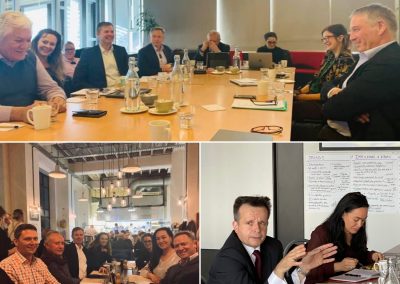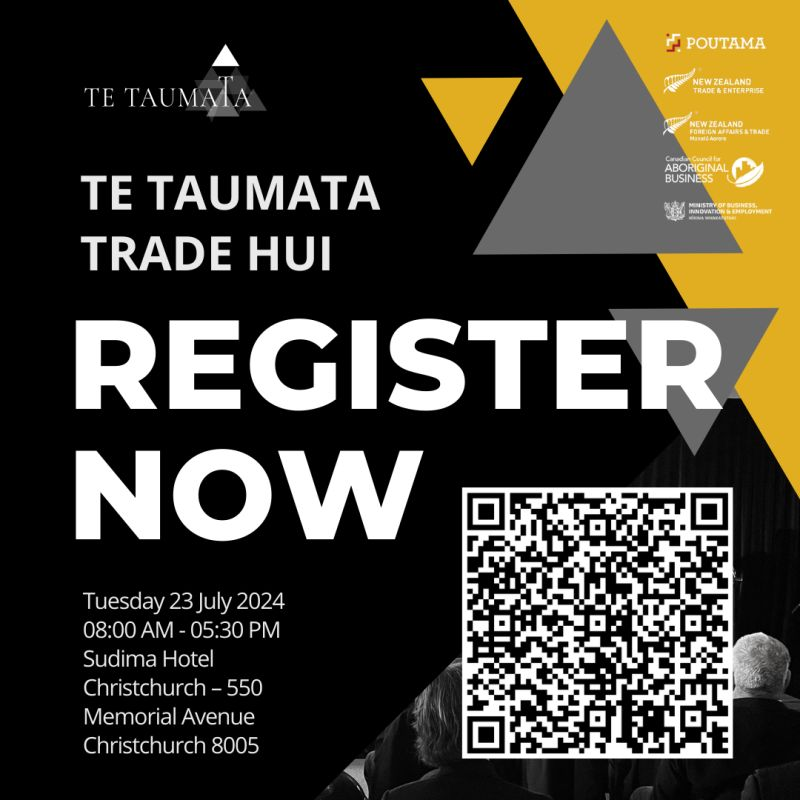Te Taumata brought together key trade representatives in a highly productive and insightful hui this week, discussing the challenges facing New Zealand and Māori businesses navigating the current economic climate.
New Zealand Trade and Enterprise Chief Executive Peter Chrisp says COVID-19 has exposed the fragility of the interconnected global trading system that New Zealand and the Māori economy is entwined in.
Mr Chrisp explained there were two strategies for New Zealand and Māori businesses to pursue and succeed in their global trade endeavours:
1. Be the lowest cost producer if you are in the commodity space or;
2. Move up the value chain into premium products aimed at wealthy economies
New Zealand’s lead trade negotiator Vangelis Vitalis contributed to the kōrero by laying out the enormous challenges in negotiating free trade agreements with the rest of the world and the growing level of protectionism in response to COVID-19.
Mr Vitalis says an immediate goal of these negotiations is to broaden the FTA coverage across the world and to geographically diversify market options for Māori producers.
Negotiations are well underway with the United Kingdom and the European Union and it is hoped these will be concluded this year.

Te Taumata Chair Chris Karamea Insley says within the next 20 years, based current economic projections, the Māori economy will grow from its current size of about $70 billion to equal the size of the whole New Zealand economy.
Mr Insley says this week’s hui offered an opportunity to pause and take stock of the thoughts and opinions of the hundreds of whānau and Māori business leaders who have attended regional trade hui in the past 12 to 18 months.
Mr Insley says his team have heard whānau saying they never understood our role in trade, but they do now and understand it will create jobs for our whānau, here at home.
From the incredible insights from leading trade negotiators, analysts, Māori business leaders and our Te Taumata team, we are well poised to lay out a 100-year pathway to support our Māori businesses (small, medium and large) to successfully navigate through these uncertain global trade times.
This is being done through both trade policy attuned to particular needs and interests of Māori, and business support policy and programmes from Government.
The benefits of these efforts now will ripple back to our whānau and mokopuna for generations to come, Mr Insley says.


